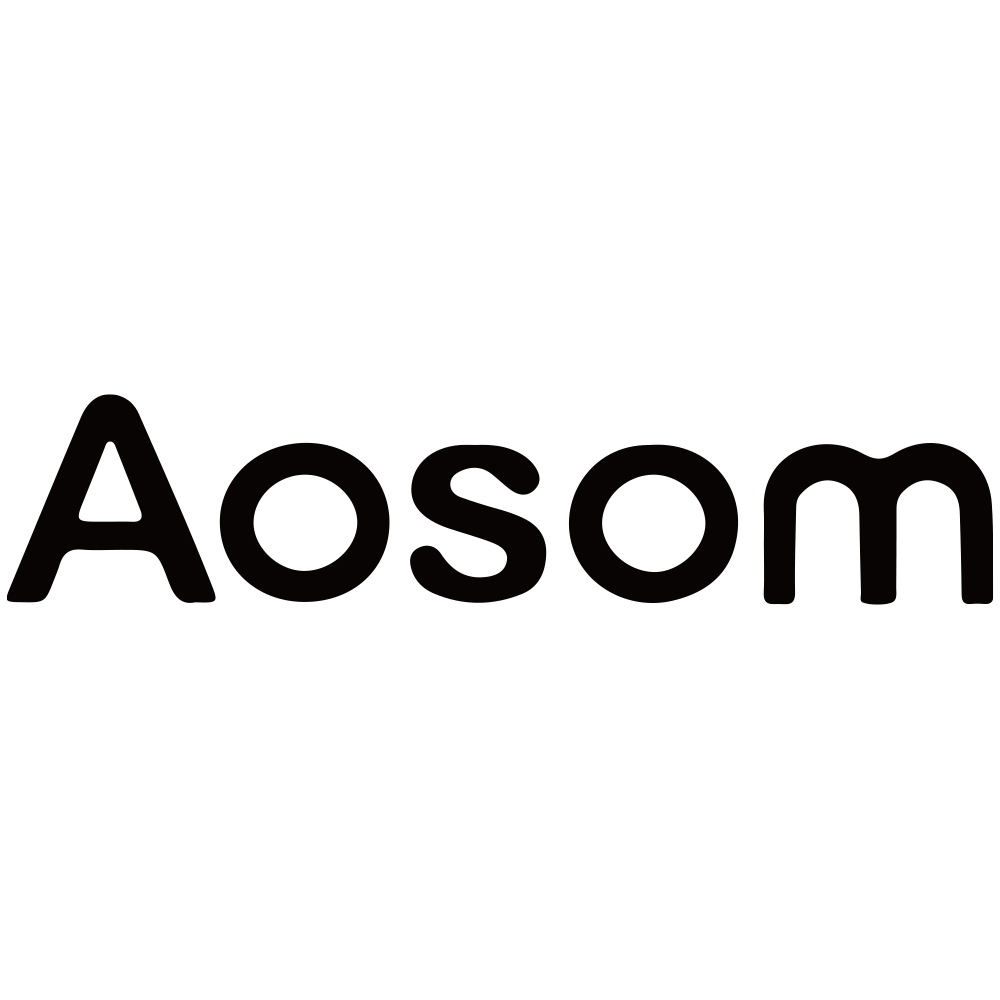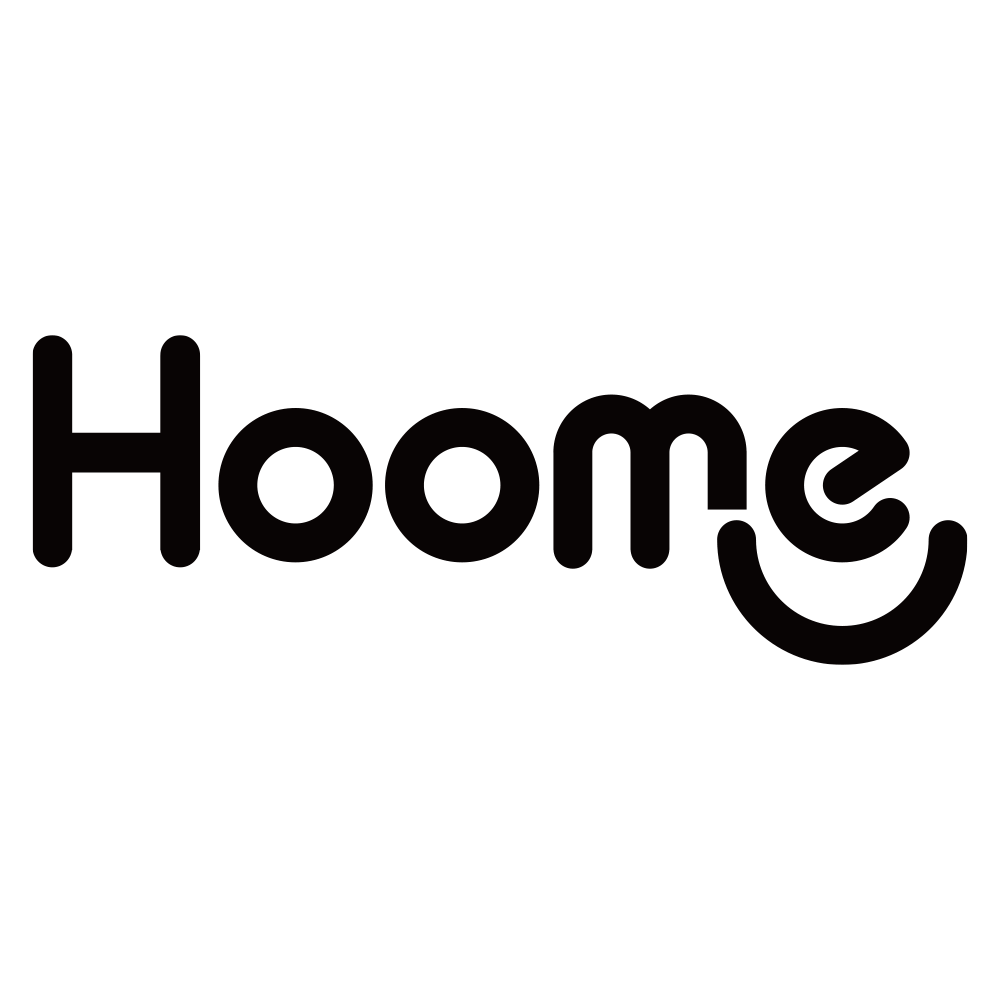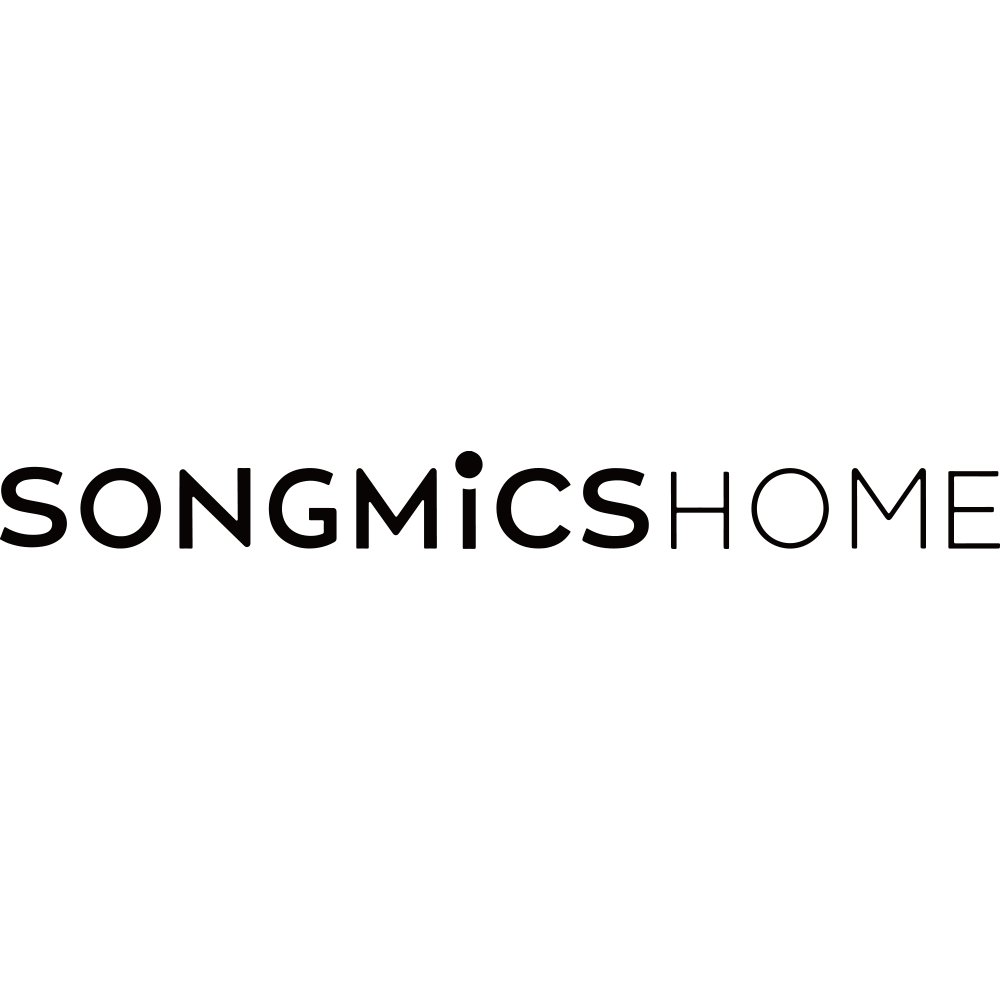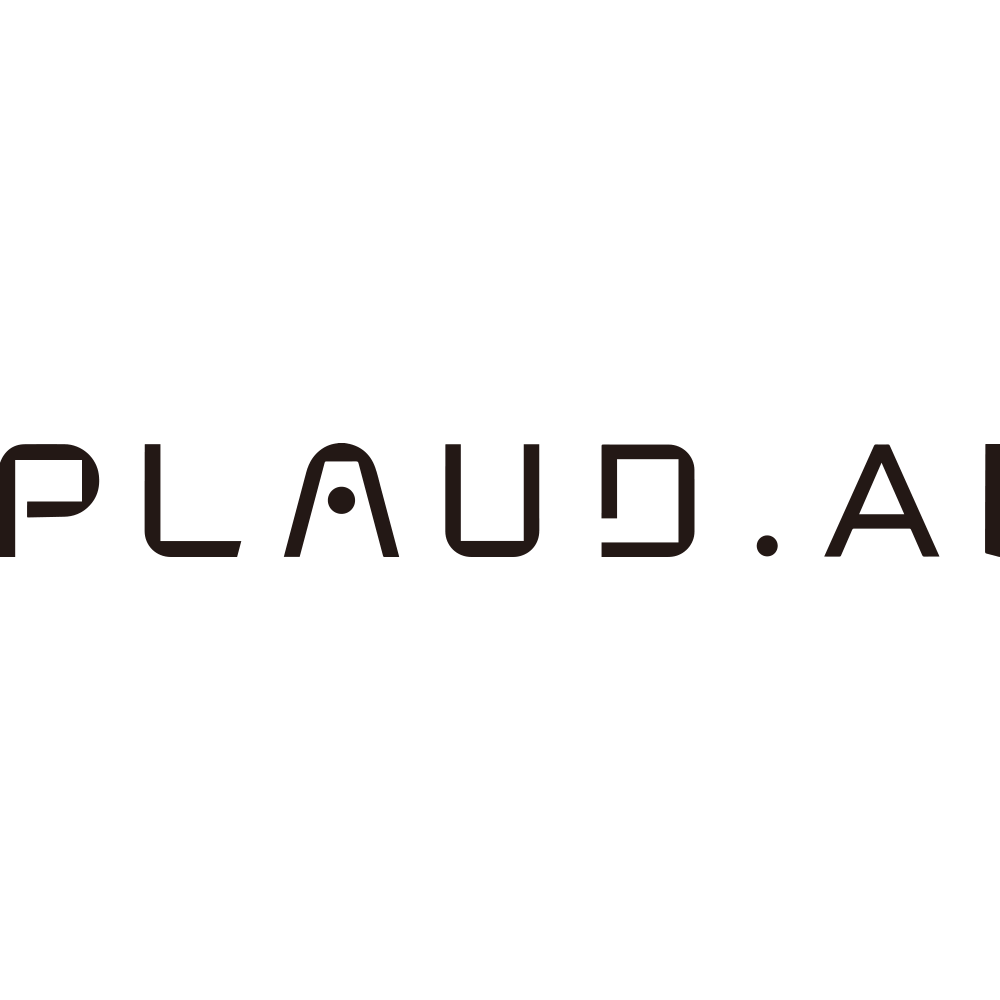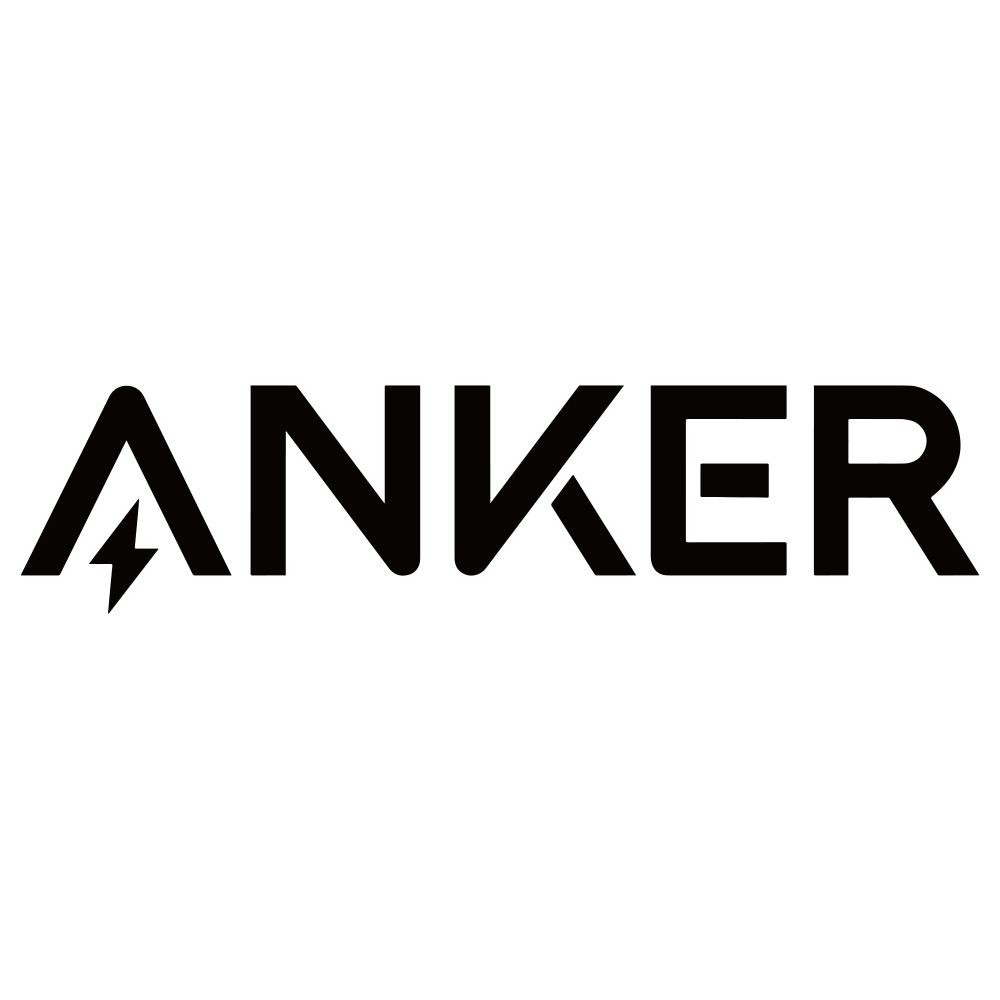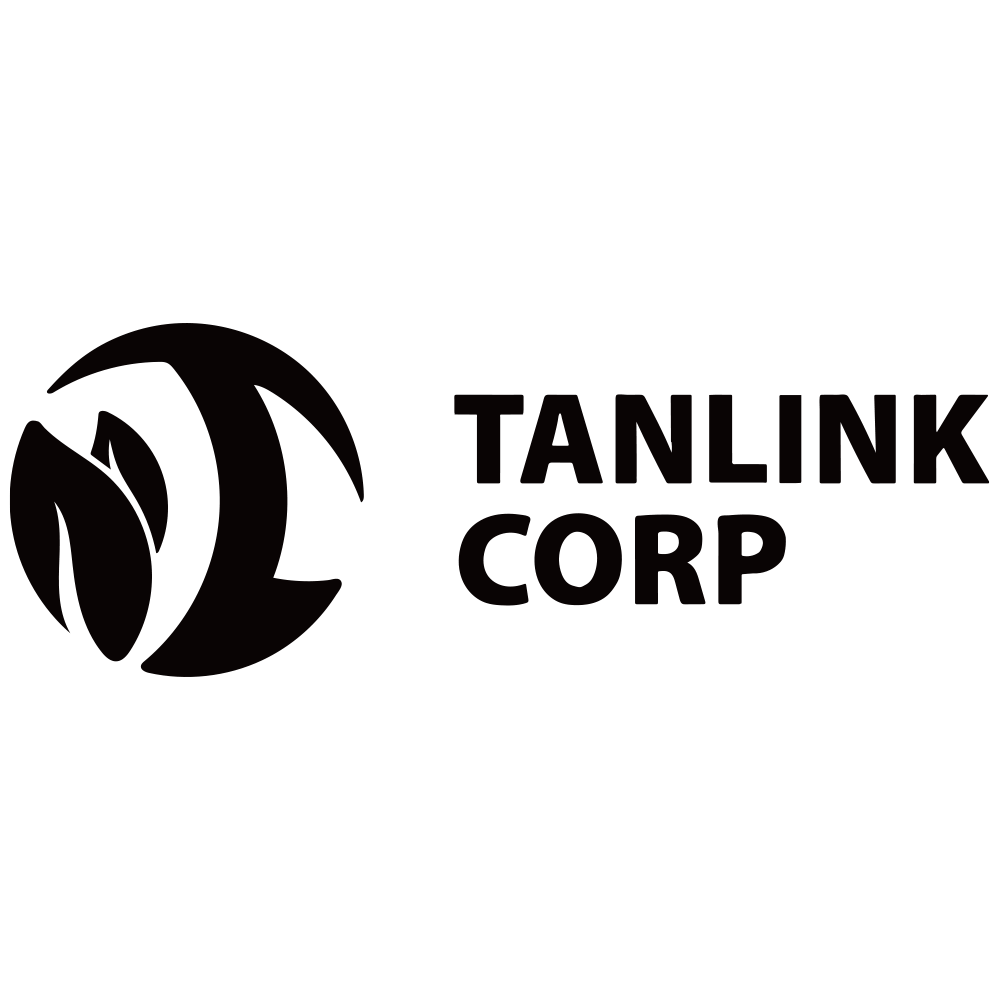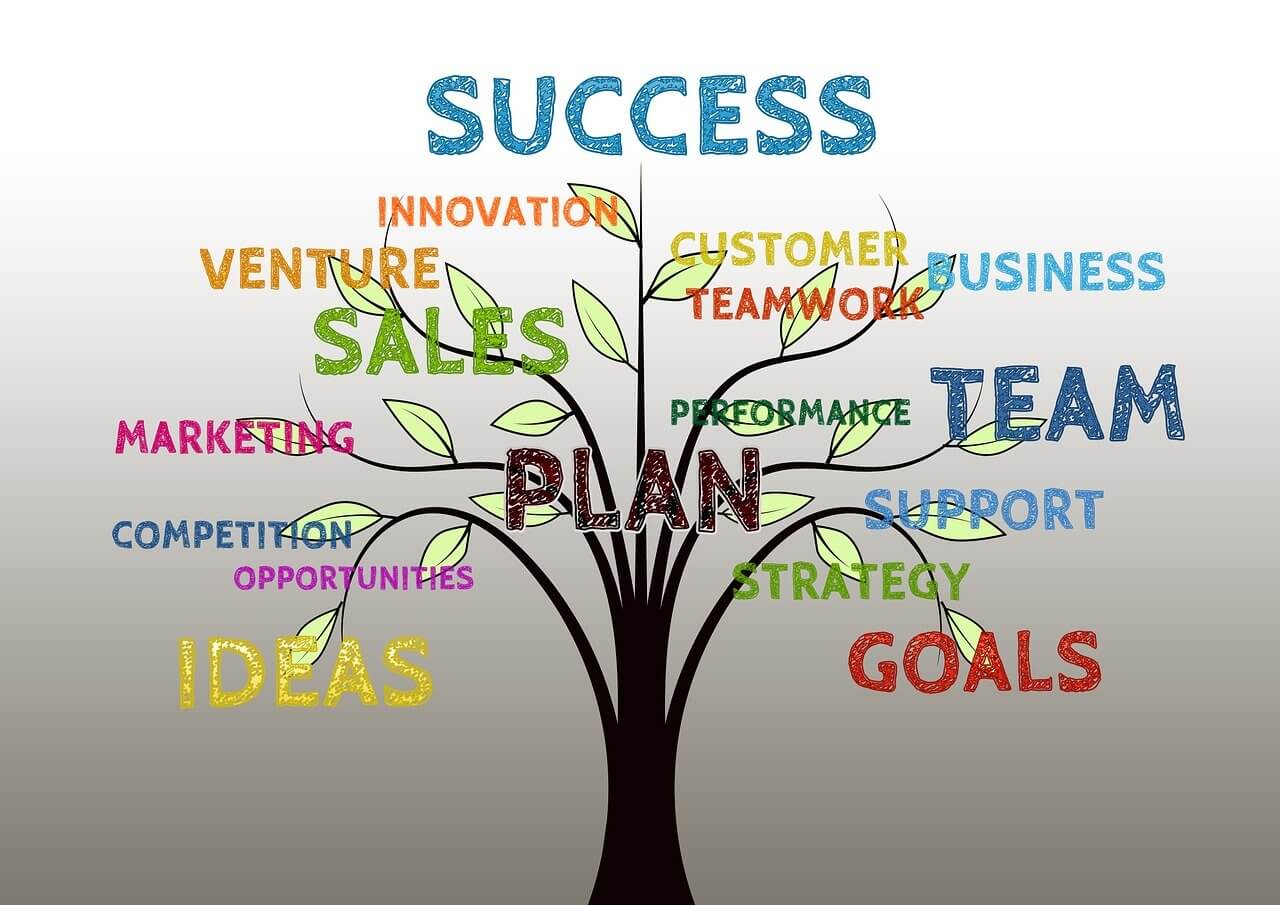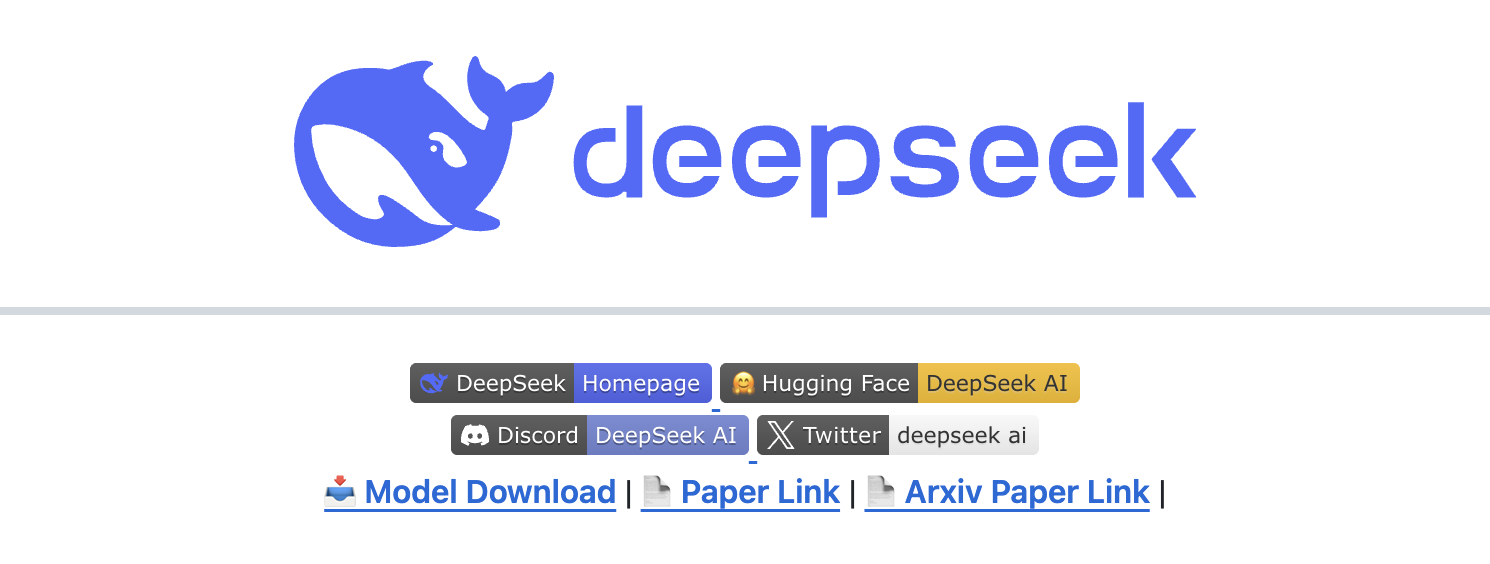A SaaS helpdesk system works as a centralized platform to help customers seek assistance with services, products, and even technologies. It combines ticketing systems, AI-powered automation, knowledge bases, and omnichannel support to manage customer requests efficiently.
Are your customer support teams overwhelmed by volumes of requests? SaaS helpdesk systems changed it by automating routine tasks and streamlining workflows. These platforms can also integrate with other e-commerce systems like Shopify and CRM systems.
This post introduces the 6 top SaaS customer support platforms for different business sizes and operational needs. Want to learn more details? Let’s start diving into them.
What is SaaS Helpdesk Software
To help you understand SaaS helpdesk overall, we summarize several basic questions.
Definition and Overview
SaaS helpdesk software refers to cloud-based customer support systems that help businesses automate tickets, route requests to the right agents, and guide customers to find resolutions by themselves. These solutions are usually delivered through a Software-as-a-Service model.
Unlike traditional software that is installed on individual computers, SaaS helpdesk software programs are accessed via web browsers, allowing clients to connect from any device with internet capability. This approach lets businesses deliver efficient customer service without investing in extensive hardware infrastructure and technical maintenance.
Main Features of SaaS Helpdesk Solutions
SaaS helpdesk solutions offer comprehensive features that help different sizes of businesses transform high-quality customer service operations. Here are some key functionalities:
Key features | Description |
Ticket Management | Help businesses automatically create, assign, and categorize tickets and track customer inquiries across multiple channels, like email, chat, phone, and social media. |
AI-powered Automation | Intelligent features like chatbot, automated routing, sentiment analysis, and workflow automation help agents offer instant responses, answer common questions, analyze customer emotions, and even forecast customer trends. |
Omnichannel Communication Support | Automatically generate tickets and requests through email, chat, phone, social media, and other channels. It also enables context preservation across these channel switches. |
Knowledge Base | Offer instant self-service portals with FAQs, posts, references, and documents, enabling customers to solve problems by themselves. |
Analytics and Reporting Tools | Give your team valuable insights into customer data and team performance, including customer potential needs, agent training necessity, etc. |
Integration Capabilities | Extensive integrations with other popular business systems and software, like CRM systems, e-commerce platforms, and collaboration software. |
Common Vulnerabilities in SaaS Helpdesk Systems
While SaaS helpdesk platforms offer significant benefits, there are some specific vulnerabilities, mainly reflecting in security concerns. This primarily stems from their cloud-based nature and shared infrastructure models.
Vulnerability | Description & Impact |
Customer Privacy & Data Security | A shared cloud-based system may lead to potential exposure of sensitive customer information. |
Depending much on Network Stability | The system performance heavily relies on internet connectivity. Sometimes, network crashes and instability can disrupt service, causing serious issues, such as data loss, customer dissatisfaction, etc. |
Integration Complexity | Connecting with existing on-premises systems or other SaaS products may create security gaps or setup issues. |
Compliance Challenges | It might be complicated to meet industry-specific regulatory requirements since data is stored in vendor-controlled servers. |
Why is SaaS Helpdesk so Important for Businesses
As discussed above, implementing a SaaS helpdesk system enables businesses to boast many strategic advantages, which directly improve operational efficiency, impact customer satisfaction, and drive business growth. Here are key reasons why businesses should choose a SaaS helpdesk platform:
- Cost-effective: reduce hardware infrastructure and technical maintenance costs so that businesses convert these large upfront investments into other predictable operational expenses.
- Improve agent productivity: automate repetitive tasks like ticket routing and basic responses, freeing human agents to focus on personalized service.
- Enhance customer retention: 71% of customers will stop buying from a business after bad experiences, while SaaS helpdesk software provides instant and even personalized support around the clock, improving customer retention.
The 6 Best SaaS Helpdesk Solutions for Your Business
There are many SaaS helpdesk options on the market, and each has its own unique advantages. To simplify your decision-making, we evaluated the top 6 platforms based on expert reviews and user tests. Below, you’ll find an overview of their standout features, integrations, benefits, and drawbacks.
Top 6 SaaS Helpdesk Solutions Comparison Checkout
Before picking the right helpdesk solution for your SaaS business, let’s have a look at the quick comparison chart of these platforms.
Platform | Best for | Starting price |
Solvea | Small and medium-sized e-commerce businesses | |
Help Scout | Small team and growing business | 15-day free trial $50/user/month |
Freshdesk | Small to medium businesses | $25/user/month (billed annually) |
Zendesk | Large enterprises requiring centralized customer service | $29/user/month (billed annually) |
Tidio | Customer-facing teams in small to mid-sized businesses | 7-day free trial $25/user/month |
Vision Helpdesk | IT Enterprises need customization | From $699 (billed annually) |
Note: the prices above may change as time goes by. For the actual prices, please refer to their official websites.
Best SaaS Helpdesk Software in 2025
1. Solvea
Solvea offers a helpdesk solution particularly suitable for small and medium-sized e-commerce retailers requiring multilingual support and seamless workflow integration. Powered by advanced AI technologies, it can automatically handle tickets from assignment to automated processing. It also integrates with order and logistics data, offering automated tracking and returns, greatly boosting agent efficiency.
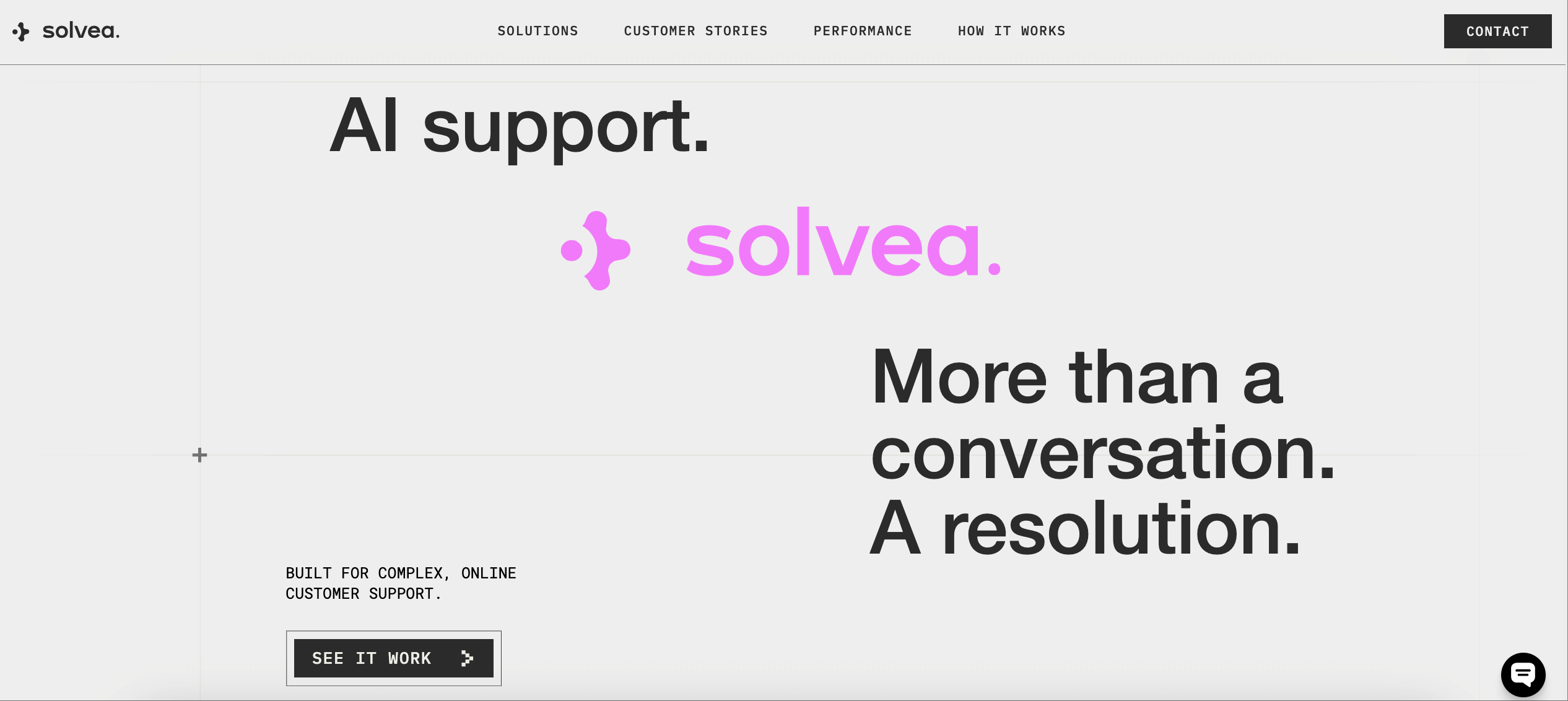
Standout features include:
- Multilingual assistance for global commerce operations.
- Integration with existing e-commerce platforms, Helpdesk systems (e.g., Zendesk, Intercom), and workflows.
- Advanced automation reduces support costs by up to 40%
- Successful business cases like Anker, Z Gallerie, and Aosom.
- Enterprise-grade security with SOC 2 compliance
Integration: Ticketing system(e.g., Zendesk, Intercom), e-commerce platforms, Gmail, Microsoft, Email, voice, etc.
Pros | Cons |
Robust integration with e-commerce platforms and other helpdesk systems Advanced AI capabilities with multilingual support Measurable ROI tracking with detailed performance analysis Comprehensive analytics and reporting | May require technical expertise for full optimization |
2. Help Scout
This platform offers a wide range of SaaS integrations and robust APIs, which make it flexible and scalable for growing businesses. Focusing on human-feeling interactions over ticket numbers, it also provides great customization options so that you can deliver personalized customer service.

Standout Features:
- Shared inbox allows teams to manage customer emails efficiently.
- Provide Android apps and iOS apps for mobile devices.
- Helpdesk reporting through multiple channels.
Integration: Slack, Salesforce, Shopify, Jira, and HubSpot, along with a robust API for custom connections.
Pros | Cons |
Ease of use Powerful API and customization options Library of canned responses | Limited chatbot automation |
3. Freshdesk
Freshdesk provides a user-friendly SaaS helpdesk solution that helps you streamline the ticket management process via AI-driven automation, ticket merging, and custom notifications. This solution allows your customer support team to view, assign, and merge incoming queries easily through multiple channels, including email, phone, chat, and social media.

Standout Features:
- AI-powered ticket assignment
- Email integration with automated ticket creation
- Self-service knowledge base
- Automated response and ticket analysis
Integration: Salesforce, Zoho CRM, e-commerce, Google Workspace, Jira, and Slack.
Pros | Cons |
Intuitive and user-friendly interface Robust ticketing merging and assignment with automation capabilities Customer inquiries from multiple channels | l Significant pricing gaps between different subscription plans |
4. Zendesk
Zendesk is one of the best SaaS helpdesk software that equips your agents with many powerful AI tools and workflows. This platform integrates a suite of communication tools, such as live chat, AI chatbots, and a unified ticketing system. It can be embedded into websites, social media, mobile, email, and other communication channels. Moreover, it provides many advanced analytics to help you track team performance effectively.

Standout Features:
- Extensive automation and workflow capabilities
- All-in-one ticket management system
- Detailed analytics and reporting tools
- Omnichannel customer support
Integrations: Slack, Teams, Salesforce, HubSpot, CRM, Jira, Geckoboard, Zendesk Marketplace, etc.
Pros | Cons |
Built-in issue tracking and assignment Thousands of integrations and apps available Robust customer self-service knowledge base | l The system may be overwhelming due to its complexity |
5. Tidio
Tidio is not only a SaaS helpdesk solution but also an omnichannel customer service. It provides a sharded inbox that unifies conversations from email, live chat, and social media, and all of them are enhanced with intelligent ticket triage and automated workflows. This helps your support team handle inquiries more efficiently.

Standout features:
- Customer segmentation and tagging of visitors
- AI chatbots with Natural Language Processing technology
- Real-time tracking of customer behavior and engagement
- Multichannel support, including live chat, email, and social media
Integrations: Shopify, WordPress, WooCommerce, Facebook Messenger, Instagram, WhatsApp, etc.
Pros | Cons |
A ticketing system for multiple support User-friendly interface AI-powered automation workflow | l Add-ons can be expensive for small businesses |
6. Vision Helpdesk
Vision Helpdesk offers a cloud-based system that can automate ticket management and support customer interactions across multiple channels. As an ITIL-ready service desk solution, it’s suitable for large organizations and enterprises that have complex requirements. It also includes features like SLA management, asset management, and a self-service portal.

Standout features:
- Automates ticket management from multiple channels
- Categorized tickets to organize tickets with custom views
- SLA management, like setting response and resolution times
- Multiple brands and departments management
Integrations: CRM, E-commerce platform, Gmail, Billing software, Jira, Zapier, and so on.
Pros | Cons |
Advanced ITIL capabilities Customization options for workflows and rules Strong integration with external IT tools | Complex interface can feel cluttered |
How to Choose the Best SaaS Helpdesk Software
Choosing the right SaaS helpdesk platform has a profound impact on business operations. An ideal choice should not only solve the current challenges but also support your long-term growth and evolution. Here are some useful tips:
1. Assess your business size and needs: Different sizes of business have different requirements for helpdesk solutions. For instance, a small business may prioritize affordability and ease of use, while large businesses consider customization options, security, and compliance.
2. Evaluate your integration capabilities: Make sure the system can connect with your existing software or systems, including CRM, e-commerce platform, etc.
3. Consider flexibility and scalability: If your business is in a rapid development stage, choose a solution that can scale with your business needs, such as increased ticket volume, support channels, or other complex workflows.
4. Analyze potential costs: Consider potential fees, like implementation costs, training time, and customization expenses. Many platforms offer different tiers for varying features and diverse budget requirements.
5. Test and review the platform: If possible, you can take advantage of free trials and demos, then determine whether the platform fits your business.
SaaS Helpdesk FAQ
1. What is SaaS technical support?
SaaS technical support refers to the assistance that provides users with the cloud-based software or service, usually including remote troubleshooting, maintenance, and guidance. It encompasses multiple channels, such as email support, live chat, self-service document, and phone assistance, to help users solve problems without on-site visits.
2. What does SaaS stand for?
SaaS, also known as Software-as-a-Service, is a cloud-based software delivery model where software or services are hosted by providers. Users can access the service over the internet without installing it locally. This model usually allows users to pay through a subscription instead of a one-time purchase.
3. Is Zendesk a SaaS?
Yes, Zendesk is a SaaS provider that offers cloud-based customer service software and supports a ticketing system. It operates on a subscription model where users can access the service over the internet and manage it on their own servers.
4. What skills do I need for SaaS?
The answer varies depending on different SaaS software. In general, a SaaS solution requires both soft and technical skills. Technical skills include knowledge of integration methods like APIs, programming languages, and data analysis, while soft skills include communication, problem-solving, and adaptability.


